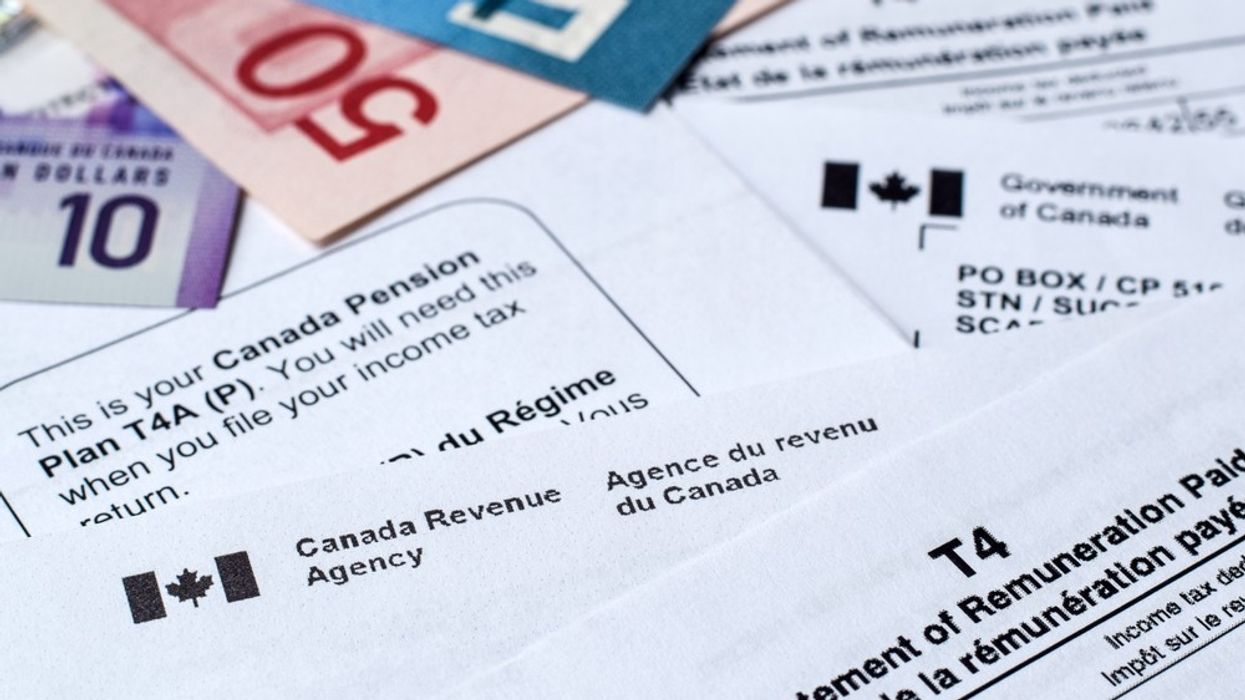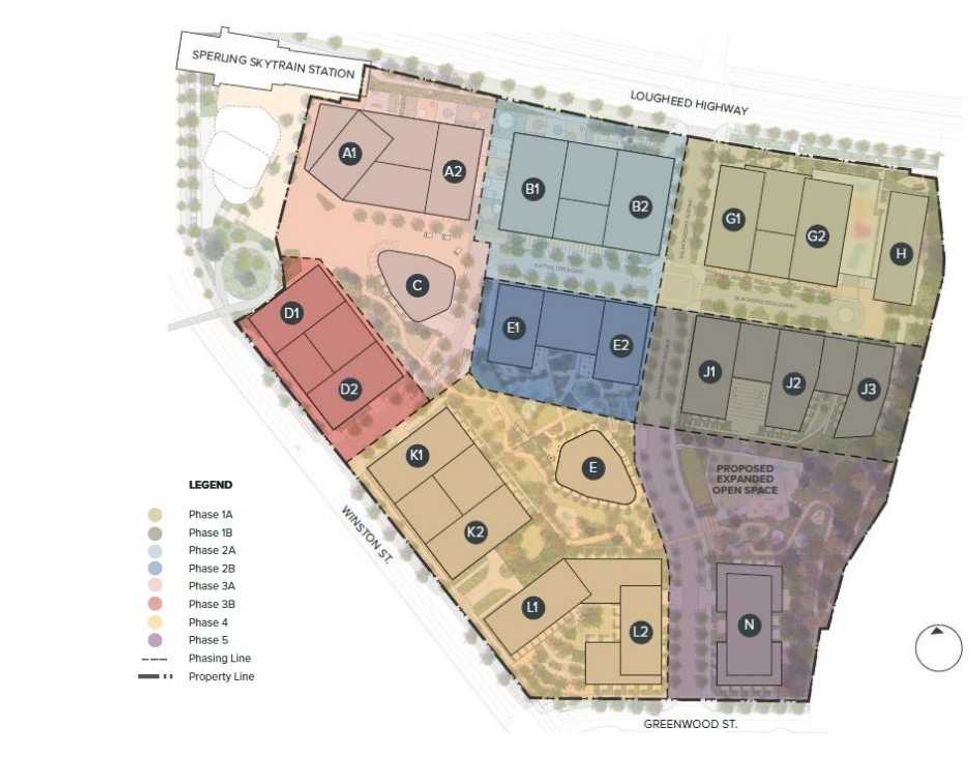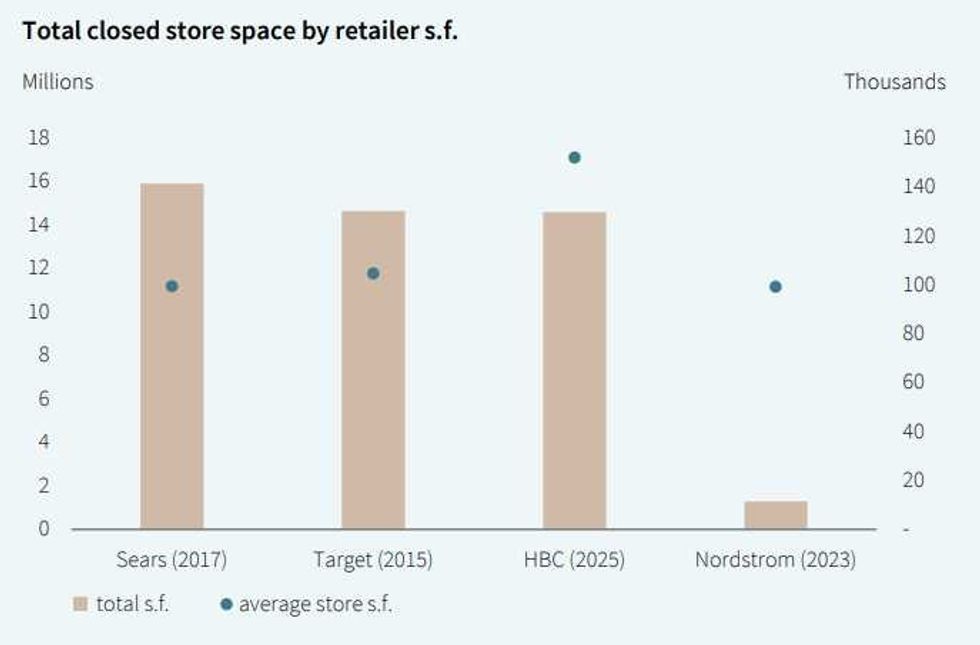CRA
Learn how the CRA (Canada Revenue Agency) affects real estate in Canada, including capital gains, tax filing, rental income, and the principal residence exemption.

June 13, 2025
What is the CRA?
CRA stands for the Canada Revenue Agency, the federal body responsible for tax administration, compliance, and enforcement in Canada, including taxes related to real estate transactions and property ownership.
Why the CRA Matters in Real Estate
In Canadian real estate, the CRA governs income tax reporting, capital gains, GST/HST on property sales, principal residence exemptions, and rental income obligations.
Key real estate responsibilities under the CRA:
- Reporting rental income and allowable expenses
- Declaring property sales for capital gains tax
- Filing GST/HST on new home sales or flips
- Claiming principal residence exemption (PRE)
- Ensuring compliance with foreign ownership rules
The CRA provides forms, guidance, and audits to ensure compliance. Real estate professionals and homeowners must understand CRA requirements to avoid penalties.
Understanding CRA rules is essential for all property transactions, from investment to ownership transfer and rental income management.
Example of the CRA in Action
The seller reports a gain on their secondary property to the CRA and pays applicable capital gains tax after the sale closes.
Key Takeaways
- Canada's federal tax authority
- Oversees real estate tax obligations
- Manages capital gains and rental income rules
- Handles tax exemptions and credits
- Key to staying compliant as a homeowner or investor
Related Terms
- Capital Gains Tax
- Principal Residence
- Rental Income
- Tax Deduction
- Government Incentive


 Building height changes from the previous master plan apllcation. (Peterson)
Building height changes from the previous master plan apllcation. (Peterson) An overview of Blake Village and the phasing plan. (Peterson)
An overview of Blake Village and the phasing plan. (Peterson) An overview of Blake Village and planned open space. (Peterson)
An overview of Blake Village and planned open space. (Peterson)









 Hudson’s Bay vacated about as much space as Target did in 2015. (JLL)
Hudson’s Bay vacated about as much space as Target did in 2015. (JLL)

 A rendering of Frame in East Vancouver. (Peterson)
A rendering of Frame in East Vancouver. (Peterson) The Tesla facility set for 908 Raymur Avenue in Vancouver. (Beedie)
The Tesla facility set for 908 Raymur Avenue in Vancouver. (Beedie) Phase One of Sen̓áḵw in Summer 2025. (OPTrust, Nch’ḵay̓)
Phase One of Sen̓áḵw in Summer 2025. (OPTrust, Nch’ḵay̓) (QuadReal Property Group, Westbank)
(QuadReal Property Group, Westbank) The two-tower Cascades project under construction in mid-2025. (Ledcor)
The two-tower Cascades project under construction in mid-2025. (Ledcor) A rendering of Perla near Central Park. (Polygon Homes)
A rendering of Perla near Central Park. (Polygon Homes) Phase One of Concord Metrotown is located at the corner of Kingsway and Nelson Avenue in Burnaby. (Concord Pacific)
Phase One of Concord Metrotown is located at the corner of Kingsway and Nelson Avenue in Burnaby. (Concord Pacific) Myriad will complete Concert Properties’ Heart of Burquitlam community. (Concert Properties)
Myriad will complete Concert Properties’ Heart of Burquitlam community. (Concert Properties) SOCO 2 (left) in Coquitlam. (Drew Powell, LinkedIn)
SOCO 2 (left) in Coquitlam. (Drew Powell, LinkedIn) King George Hub in Surrey. (Submitted by PCI Developments)
King George Hub in Surrey. (Submitted by PCI Developments)